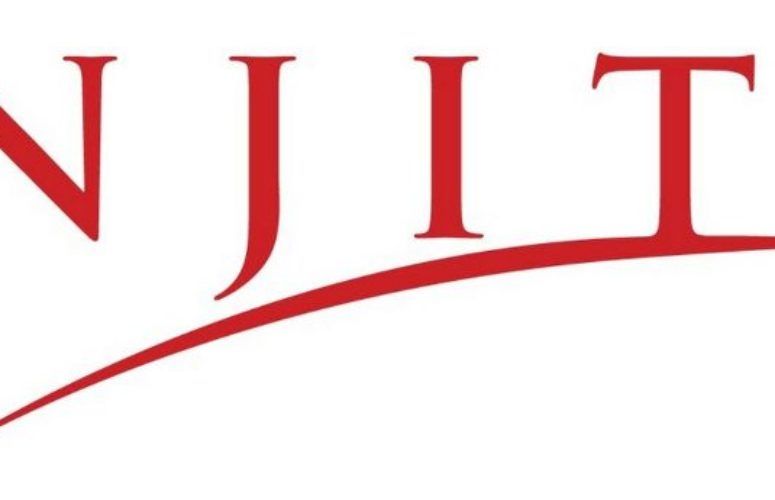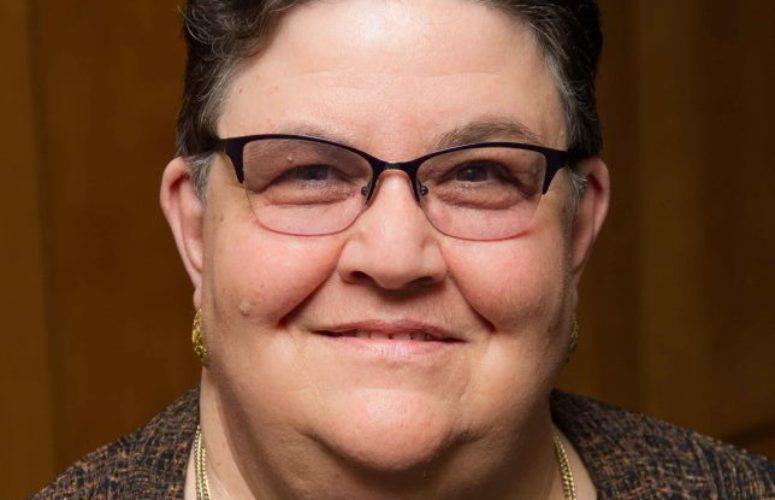
NJIT Cited by U.S. News & World Report as a Top Graduate School for Engineering
On Mar 15, 2017U.S. News & World Report ranks New Jersey Institute of Technology (NJIT) among the nation’s top graduate schools for engineering. NJIT holds the No. 87 spot for its graduate degree programs in the university’s Newark College of Engineering, established in 1919.
Fadi P. Deek, NJIT provost and senior executive vice president, noted, “The university has advanced five places on this list since last year, and 24 places compared to two years ago. The two main factors are stronger student profiles as evidenced by Graduate Record Examination scores and a substantial increase in our faculty’s externally funded research.”
“NJIT features a robust academic environment that engages graduate students in advanced study and innovative real-world research, preparing them for professionally and financially rewarding careers,” added Sotirios G. Ziavras, D.Sc., associate provost for graduate studies and dean of the graduate faculty at NJIT. “We are thrilled to observe the progress NJIT is making in the U.S. News & World Report rankings, establishing our reputation among the nation’s best graduate engineering programs.”
Moshe Kam, dean of the Newark College of Engineering, added, “The progress that NJIT has made in the U.S. News & World Report rankings is the result of increased emphasis on research in intelligent infrastructure, life science and engineering, medical imaging, advanced manufacturing and mobile communications. As the reputation of NJIT’s researchers grows, more companies and government agencies get involved with NJIT projects. Consequently, funding for research at NJIT increases — supporting new facilities and hiring of new faculty — and high caliber graduate students join the labs at NJIT in large numbers.”
The U.S. News & World Report rankings are based on “expert opinions about program excellence and statistical indicators that measure the quality of a school’s faculty, research and students.” Deans, program directors and senior faculty provide their peer assessment of a program’s academic quality; for engineering and four other disciplines, professionals who hire new graduates offer evaluations as well. Statistical indicators measure the qualities that students and faculty bring to the program, along with the links between graduates’ degrees and their career achievements.
U.S. News & World Report collected its data from statistical surveys sent to administrators at more than 1,970 graduate programs, and reputation surveys sent to over 16,500 academics and professionals in the featured disciplines.
Related Articles:





